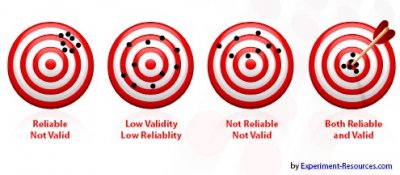Before I get into that point snafupants, I have noticed that people who tend to fall in the 100 range are incapable of accurately assessing others IQ. I am not sure why this is so, and in trying to write why I think it is, I cannot do so with any sort of brevity, so will withhold that line of thought for another post.
I have taken multiple tests, starting if I recall correctly when I was 6, which have ranged from 141 to 157, it has consistently increased with my age, as odd as that is. My suspicion is that subsequent tests after the first have acted as mental training for similar tests in the future. In particular the numerical memorization and abstract three dimensional orientation portions are sections I improve upon each time I take them.
The question then is one of interpretation. Is my IQ increasing, or, is the test then invalid due to previous experience with said test?
My personal view regarding tests after the first is that my score is valid when compared with my previous results, however, when compared to another subject's first test, it is not valid. I would expect that any subsequent testing by a different subject could be directly compared if the preceding test count is the same e.g. my third vs their third test.
Edit: Clarity, spelling.

